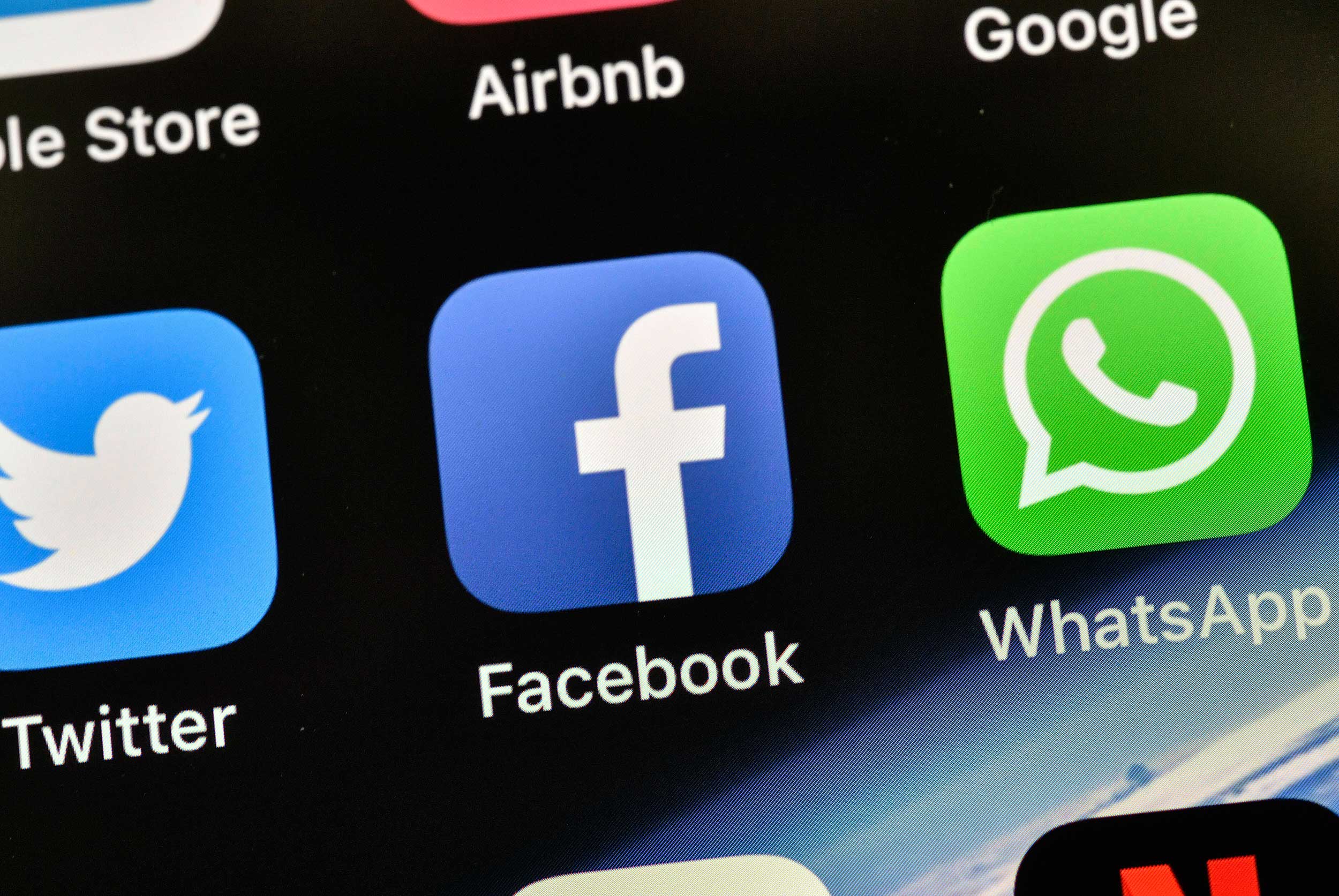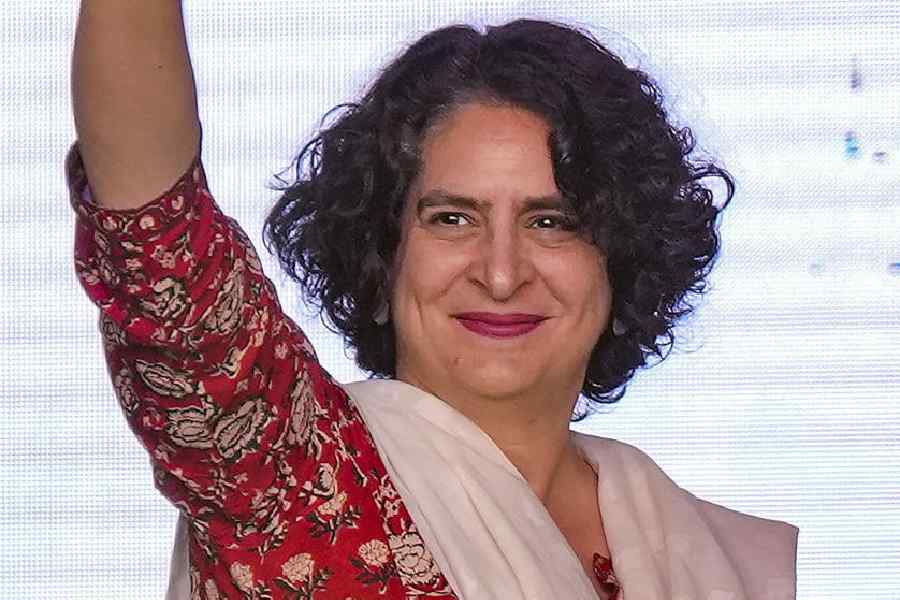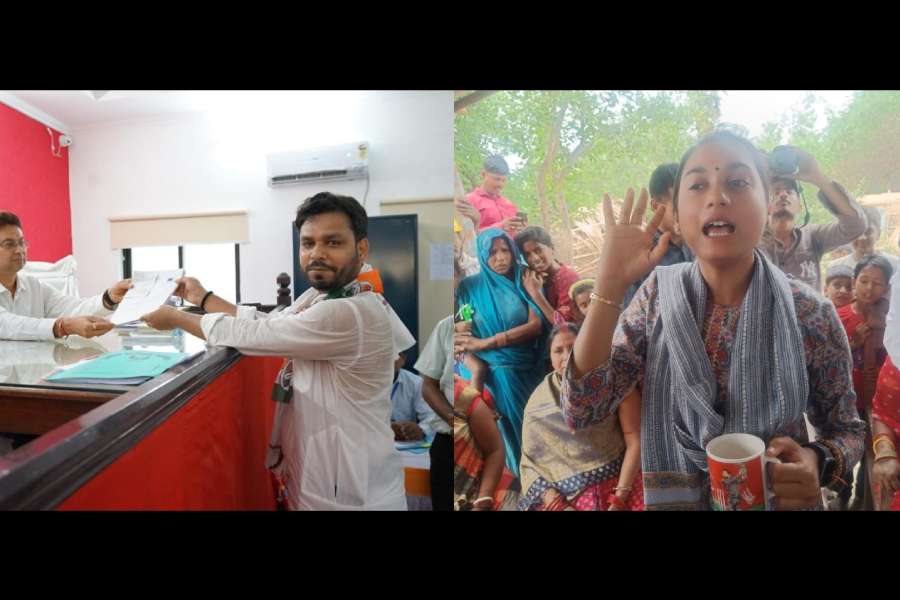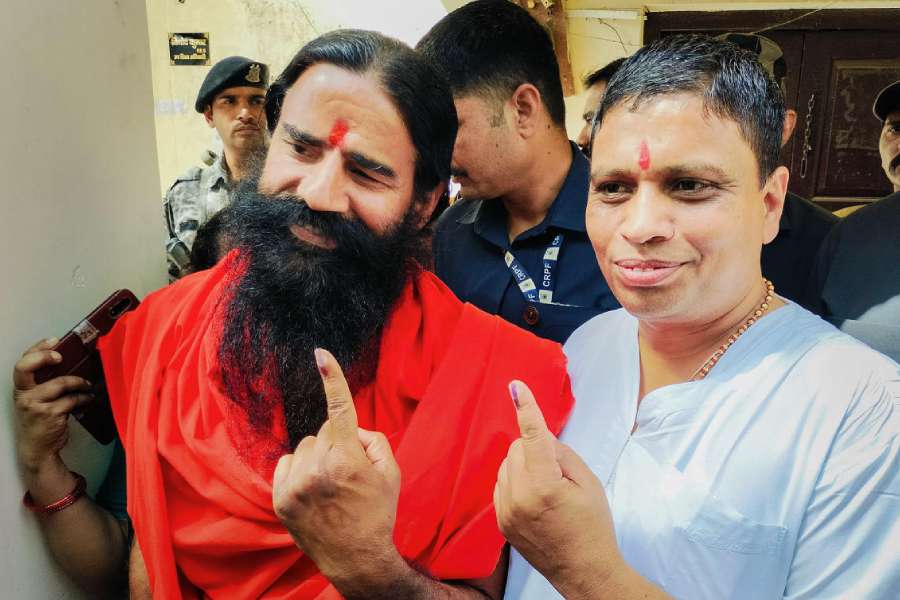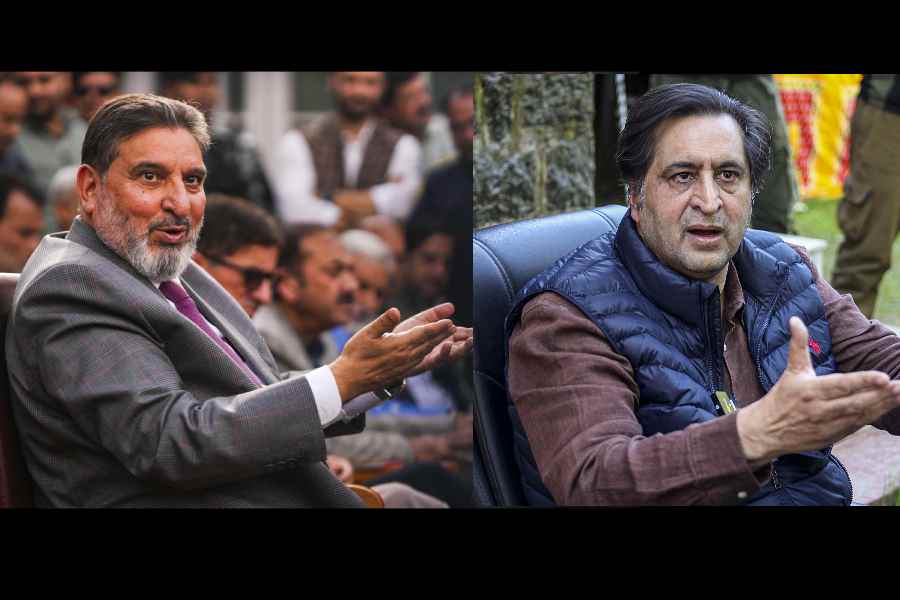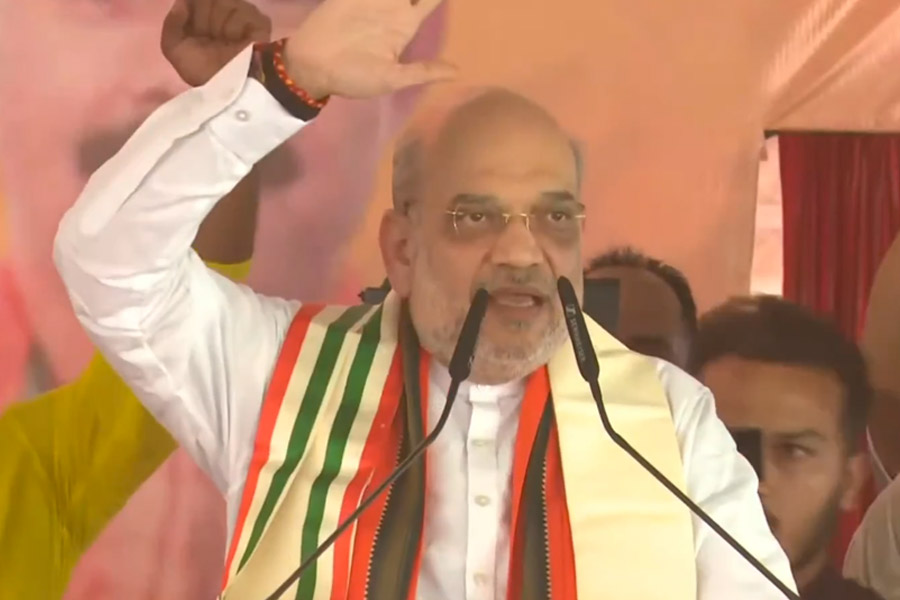The Centre has sought to connect itself to the social media accounts of over 3 crore students of universities and colleges across the country to keep up with the “good work done” by them and the institutes.
The initiative has fuelled concern among several academics who see a “dangerous” design and have expressed fear that the information accessed from the accounts could be misused to profile the students on the basis of their perceived ideological leanings and filter them during faculty interviews.
A university teacher here said one of his students had been rejected after an interview for a faculty post because his social media posts were deemed anti-government.
The heads of all higher educational institutions have been asked to ensure that the Facebook, Twitter or Instagram accounts of all the students are connected to the social media platforms of the institute, other such establishments and the human resource development ministry.
The request was conveyed to the higher education institutes through a letter sent on Wednesday by the secretary of the department of higher education, R. Subrahmanyam. Around 900 universities and 40,000 colleges in the country are expected to be covered.
The letter said the objective behind the connectivity initiative was propagation of the achievements of the students and the institutes using the social media platforms.
Each institute is expected to identify a teacher or a non-teaching official as a “social media champion” (SMC).
“The SMC is expected to communicate to all other HEIs (higher education institutions) and the MHRD (ministry of human resource development) the good work done by the institution and their students from time to time,” the letter said.
The letter has prescribed a to-do list for the social media champion who will have to open and operate an account on behalf of the institution (if not already done) on Twitter, Facebook or Instagram and connect it to the accounts of the other higher education institutions and the HRD ministry.
“Connect all the students’ Twitter/ Facebook/ Instagram accounts with the HEI’s Twitter/ Facebook/ Instagram accounts as well as the MHRD’s Twitter/ Facebook/ Instagram accounts. Publicise at least one positive story/ event by their institution (by institution/ teachers/ students) every week using the social media. Retweet the positive stories by other HEIs so that their students and stakeholders can learn from the success stories of other institutions,” the letter said.
The institutions have been requested to upload the details of their social media champions by July 31 on the website of the All India Survey of Higher Education, which is maintained by the HRD ministry.
Subrahmanyam told The Telegraph that any scepticism on this matter was unnecessary. “It is supposed to be a virtuous cycle, one inspiring the others. I see no reason for any fear of any kind,” he said.
But Rajib Ray, president of the Delhi University Teachers’ Association (Duta), said: “Given the track record of the government, we fear that a merger of informal spaces like FB, Twitter and Instagram with formal spaces will lead to greater surveillance.
“With institutions tracking informal spaces, students may be pushed to share ‘positive’ stories about institutions and government policies. We would rather prefer that the HEIs create spaces on their websites on which students can share their stories. Informal spaces available to citizens to express their stories and opinion should not be taken away.”
Apoorvanand, a DU faculty member, said it was a dangerous design to carry out surveillance on students.
“Most of the students will fall into the trap. Teachers will be forced to comply. When the students are in the network, control will be easier,” he said.
N. Raghuram, a faculty member at the Guru Gobind Singh Indraprastha University here, said the letter gave the impression that the focus would be on spreading information on positive or relevant issues, which was fine. However, teachers and non-teaching staff should have been part of the initiative.
“If your intention is to facilitate communication, all stakeholders of institutions should have been made a part of it. Why should only students’ accounts be linked?” he asked.

